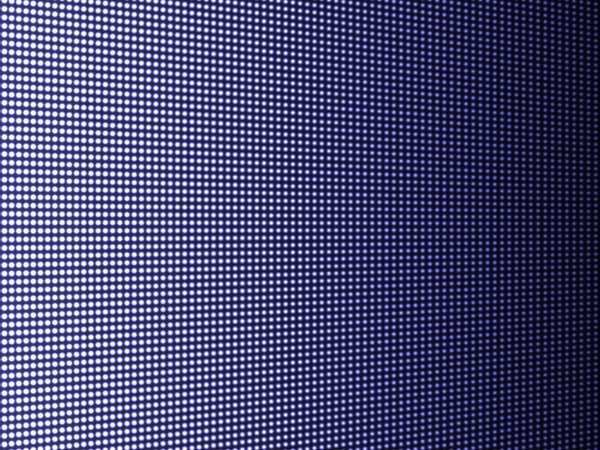
Blue and white light emitting diodes (LEDs) hold enormous potential for energy conservation and global health; however, a continuing challenge for this technology is efficiency roll-off or 'droop', where the devices become less efficient with increasing brightness. While various physical causes have been identified, it is challenging to isolate their individual contributions during routine device testing, and therefore to develop effective mitigation strategies. The proposed research seeks to resolve this challenge by exploring a new analytical method termed quantum efficiency harmonic analysis (QEHA) to disentangle the mechanisms underlying roll-off in any given LED based on standard light-current-voltage measurement data. Specifically, this new collaboration between Giebink and Xu will experimentally test and validate the theoretical predictions of the QEHA framework developed in this proposal. A successful outcome would mark a significant step forward for the LED field and would provide a competitive advantage for the Giebink/Xu team in larger-scale follow-on proposals aimed at mitigating roll-off.
Resulting Funding
- Office of Energy Efficiency & Renewable Energy, US Department of Energy, "Understanding, Predicting, and Mitigating Catastrophic Shorts for Improved OLED Lighting Panel Reliability," 2016, $1,360,000.
Resulting Publications
- Giebink, Noel. Low refractive index OLEDs for practical high-efficiency outcoupling. Final report. United States: N. p., 2022. Web. https://www.osti.gov/biblio/1877182.
- J.S. Price and N.C. Giebink, “Quantum efficiency harmonic analysis of exciton annihilation in organic light-emitting diodes,” Appl. Phys. Lett. 106, 263302 (2015)
Researchers
Noel Chris Giebink



